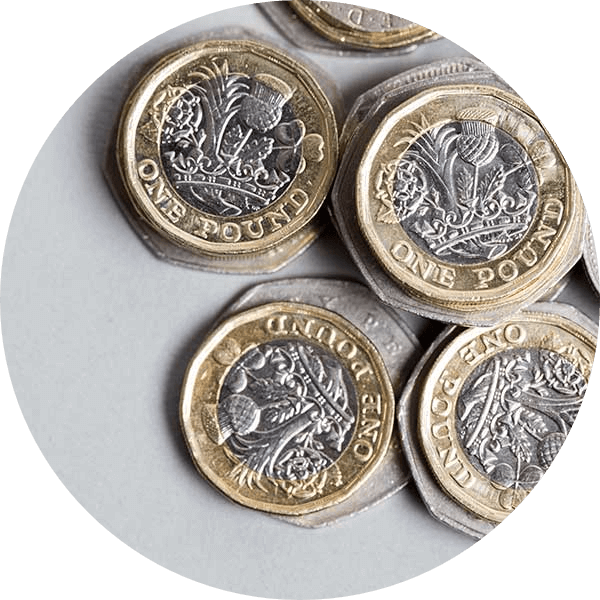Discounted Gift Trust
A discounted gift trust (DGT) is a trust based inheritance tax (IHT) planning arrangement for those who wish to undertake inheritance tax planning but also need an income.
- Potential Immediate IHT discount
- Further IHT saving (up to full 40%) after 7y
- Money remains invested
- Keep control over money and eventual beneficiary(ies)
- Will provide regular payments with deferred tax
- Trust set up is semi-complicated
- Investment amount usually limited to Nil Rate Band
- Income amount is not adjustable
- Must survive for 7y on non-discounted portion
The gifting of a lump sum into a trust whilst retaining a lifelong ‘income’…
The income being withdrawal of capital means that as long as regular withdrawals are no more than 5% of the original investment and the total amount withdrawn in your lifetime is not more than 100% of the original investment there will be no immediate liability to income tax. If, or when, the limits are exceeded then a tax charge may apply.
Traffic light comparison
| Access | Speed | Simple | Control | Cost | |
|---|---|---|---|---|---|
| Gifting | |||||
| Whole of Life | |||||
| Loan Trust | |||||
| Discounted Gift Trust | |||||
| Flexible Reversionary Trust | |||||
| Business Property Relief |
Please note: this graphic is subjective to change, not every expert will agree on the distribution of colours. There is much more to know before you act and that you should always seek financial advice first.

The calculation is made as to the likely total amount of ‘income’…
Furthermore, provided the investor is in reasonable health, a calculation is made as to the likely total amount of ‘income’ that will be paid during their lifetime.
The likely total income is given a capital value, normally known as the “discount” and is said to be retained by the client.
In the event of the investor’s death, this “discount” should in theory be returned to their estate and assessed for IHT. However, the accepted IHT treatment, as has been tested many times and accepted by HMRC, is that this right to an income for life has no value once the settlor has died, and therefore no money has to be returned.
The effect is that the discount is deemed to leave their estate on day one providing an immediate IHT benefit.
The possibility of an immediate IHT saving while retaining access to an income stream is extremely attractive.
TAKE CARE 1
TAKE CARE 2
Discounted Gift Trusts for IHT Planning (in practice)…
For some, that income provides security and helps pay necessary bills and costs. For others, it is an extra income for those few extra lifestyle choices that could make your retirement special: an extra holiday, more extravagant gifts for your grandchildren or whatever it might be.
However, care should be taken, because the income is for your lifetime and is not flexible. If you are not spending the income, then you are simply transferring wealth back in to your taxable estate and undoing the good work of using the DGT in the first place.
If you would like to keep receiving and spending income from your investments and would also like to move the capital out of your estate to reduce IHT, then the DGT could be suitable.
Those lucky enough not to need that extra income may be more suited to a Flexible Reversionary Trust where the money drawn from the investment is optional. Or straight gifting.

 Client Portal
Client Portal 5 Star Reviews
5 Star Reviews
 0800 093 4115
0800 093 4115
